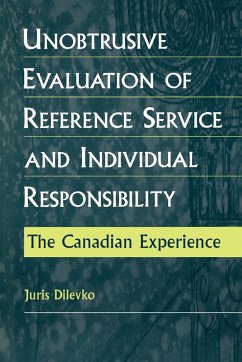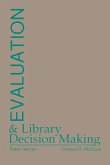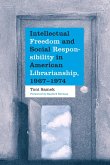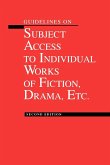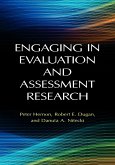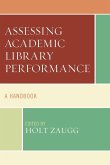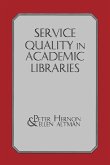Many reference librarians have been highly critical about unobtrusive evaluation studies. But can their opposition be justified? Or is it just a way to detract attention from serious shortcomings in reference service? How can government documents reference service, and reference service in general, be improved? Do librarians have enough general and subject-specific knowledge to provide informed and intelligent answers to reference questions? Would any business or non-profit organization be satisfied with the traditional 55 percent efficacy rate in reference service revealed by unobtrusive evaluation studies? Long a controversial topic in the specialized world of reference librarianship, unobtrusive evaluation is nevertheless a useful tool in gauging the degree to which reference librarians are effectively performing their jobs. Based on a nationwide study of government documents reference service in Canada, this book examines the broad philosophical implications of negative attitudes to unobtrusive evaluation studies within libraries. It also discusses what really happens when librarians make referrals to external sources. Drawing on the insights of such library educators as Margaret Hutchins, S. R. Ranganathan, and James Wyer, it also suggests overlooked ways that may help reference librarians deliver better reference service. Finally, it argues that such proposals as certification and recertification of reference librarians need to be seriously considered if librarians do not willingly take personal responsibility for improving their own knowledge levels.
Hinweis: Dieser Artikel kann nur an eine deutsche Lieferadresse ausgeliefert werden.
Hinweis: Dieser Artikel kann nur an eine deutsche Lieferadresse ausgeliefert werden.

